Improving Prognoses for Better Care
A recent conversation with Christian Sinclair, MD, AAHPM, regarding prognoses was a real eye-opener for me.
Each patient’s prognosis is obviously critical to their plan of care. I had asked Dr. Sinclair about the challenges of making accurate prognoses in context of physicians often overestimating life expectancy of patients, and how the prediction of a longer life can hinder their access to hospice care. His candid answer took me by surprise:
“One of the things that makes it really difficult is we don’t talk openly and honestly even clinician to clinician about prognosis,” Dr. Sinclair said. “We speak in euphemisms to each other that we rarely document in the chart. So you get a hand off and say, ‘This guy doesn’t look so good tonight. I’m worried about him crashing.’ Well, is that a 30 percent risk of having a code blue event or rapid response or is it a 70 percent risk?
“What if you took handoffs from each other and said, ‘I think this patient has a 44 percent chance of having a rapid response tonight based on everything else that’s happened.’ If we actually put some numbers to it, we can start to test those predictive models and say is 44 percent way overestimating the risk or is it greatly underestimating the risk and what things might make that risk prediction a little bit more accurate?
“But because we rarely document and we rarely speak in any certainty or test our prognostication estimates, even when they’re indirect, our ability to improve is a lot less. And if you think about improving skills, they improve when you test yourself, when you put down a goal and see if you were able to reach that.”
Dr. Sinclair acknowledged that we too often look at a diagnosis and prognosis as fixed events in time when it’s really a dynamic process on a continuing timeline that changes along with the trajectory of a disease. His idea of assigning metrics to prognostication all along that timeline and doing a more data-driven approach at each step seems a simple yet highly effective concept.
Big data is already serving a bigger and bigger role in most aspects of healthcare. Dr. Sinclair makes important comments on applying big data to improve prognoses as well as other related aspects in our latest podcast episode. I urge you to invest the time to listen to his compelling view on prognostication and how to work together in making prognoses better for improved patient care.










